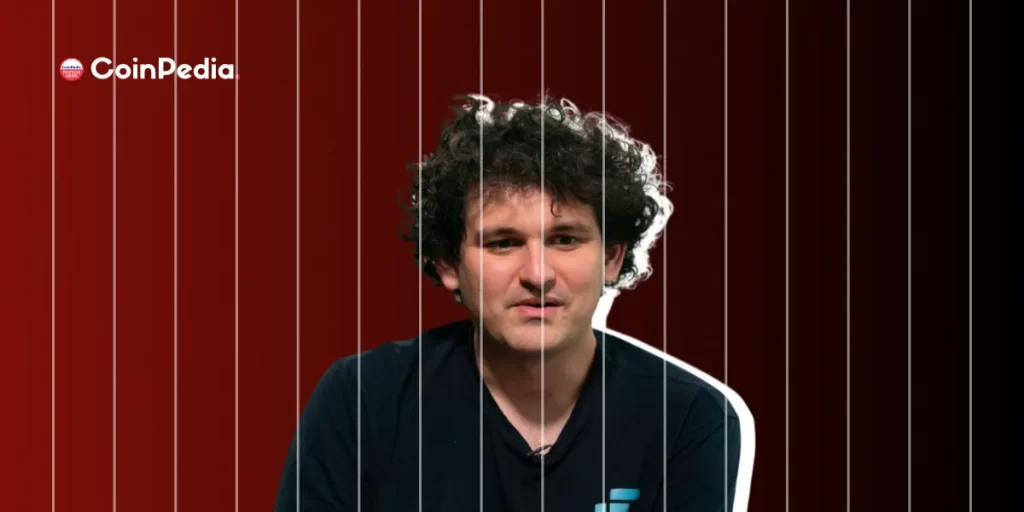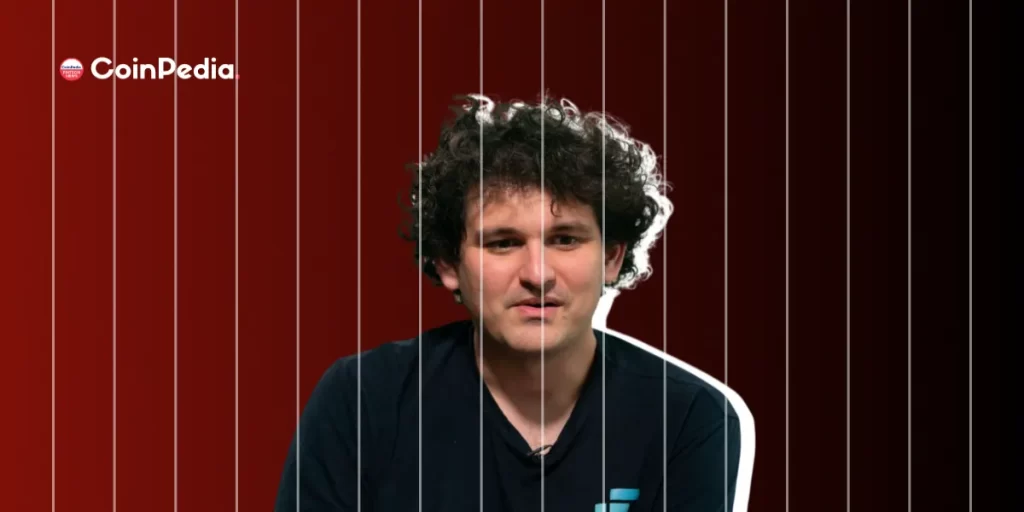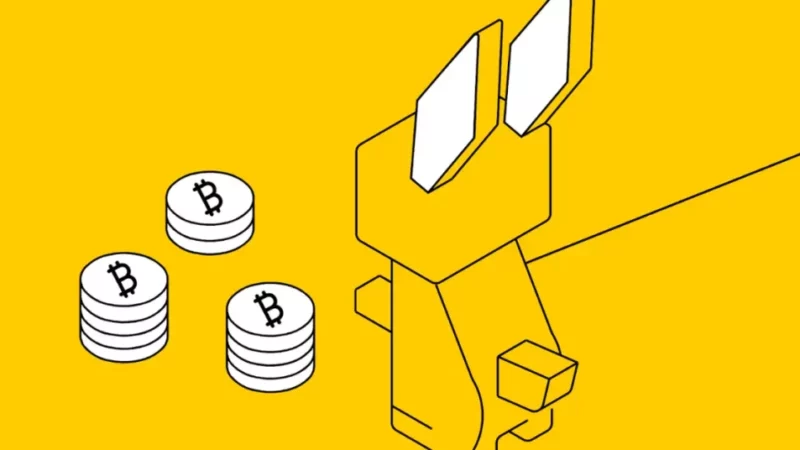Sam Bankman-Fried Pleads for Temporary Release


The post Sam Bankman-Fried Pleads for Temporary Release appeared first on Coinpedia Fintech News
Sam Bankman-Fried (SBF), the founder of the now-defunct cryptocurrency exchange FTX, has refiled a request for temporary release before his trial. The renewal of this request shines a new light on the ongoing battle between Bankman-Fried and U.S. legal authorities.
Bankman-Fried’s legal problems began earlier this year when his release on bond was unexpectedly revoked. A U.S. District Judge ruled that the FTX founder had likely tampered with witnesses, leading to his subsequent incarceration. Despite a denied appeal on September 12 and another blow from an appeals court on September 21, Bankman-Fried’s legal team is unyielding in pursuing temporary release for their client.
The Case for Temporary Release
In their latest plea, the legal team argued the “exceeding difficulty” in preparing for the trial, citing a plethora of evidence to review, including a list of over 50 potential witnesses, thousands of pages of material, and over 1,300 exhibits. They reasoned that these factors make a compelling case for Bankman-Fried’s temporary release.
The request sets out five conditions that Bankman-Fried is willing to adhere to for the temporary release scheduled for October 2nd. These conditions range from spending his out-of-court time solely with his legal team to adhering to a stringent gag order, limiting his communication to his attorneys and immediate family.
Opinions from Legal Luminaries
John Reed Stark, Former Chief of the SEC Office of Internet Enforcement, questions why SBF’s parents have not been added as defendants in the case. According to Stark, the parents should at least be named as “relief defendants,” given the magnitude of the investigation.
The case also brings attention to the regulatory frameworks around cryptocurrency exchanges. Critics argue that stricter regulations could prevent such alleged misconduct, while proponents fear excessive regulations could stifle innovation.




